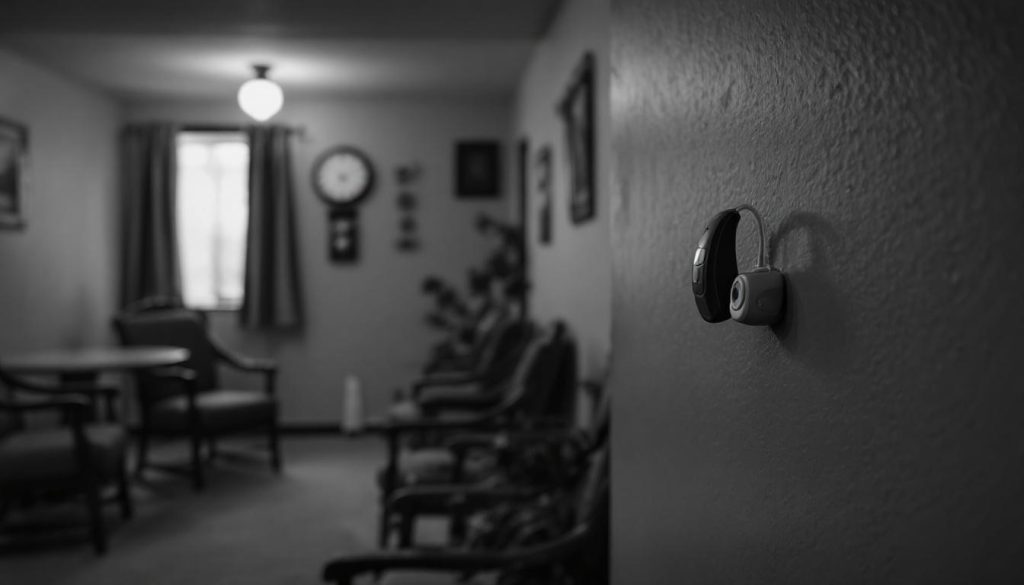A new white paper titled “Hearing Loss in Care Homes – A Call to Action,” produced through a collaboration between Engage, Care England, and care home provider Nightingale Hammerson, shines a critical spotlight on the widespread and often unaddressed issue of hearing loss among care home residents. Drawing on over three years of practical experience from Engage’s work across multiple care homes, alongside research insights from Nightingale Hammerson, the paper outlines the severe impact of hearing loss on residents, many of whom also live with dementia, and calls for urgent, coordinated interventions.
The white paper reveals that at least 80% of residents in older people’s care homes suffer from hearing loss, a condition frequently overlooked or insufficiently managed. Unaddressed hearing loss in these settings is linked to a host of serious consequences, including increased risks of dementia, falls, social isolation, depression, and avoidable distress. According to Engage, these factors combine to significantly degrade residents’ quality of life and pose challenges for effective care provision.
Research from the University of Manchester’s Manchester Centre for Audiology and Deafness (ManCAD) underpins the white paper’s findings. The ManCAD study highlighted pervasive barriers within care homes, including caregivers’ limited knowledge about hearing loss, unclear responsibility for hearing care, and the difficulty residents face in adapting to or feeling comfortable with hearing aids. Moreover, the research pointed to missed opportunities for care homes to collaborate with audiologists, which could lead to more effective management of residents’ hearing needs.
The white paper advocates for a multifaceted approach to addressing these issues. Key recommendations include environmental audits to identify and mitigate noise and communication barriers, comprehensive staff training to improve deaf awareness, and enhanced access to audiological services and support. Nightingale Hammerson’s case studies underpin the value of such interventions, illustrating real-world examples where addressing hearing loss positively impacts residents’ engagement and reduces confusion. One such example involved a resident whose hearing aid was found to be non-functional; following the provision of an amplifier and staff support, the resident’s communication and interaction improved markedly.
Nuno Santos Lopes, Director of Research, Innovation, and Community Engagement at Nightingale Hammerson, has commended Engage’s involvement, highlighting the importance of training care home staff in hearing support to improve outcomes for residents. This collaboration exemplifies the kind of coordinated effort the white paper urges across the care sector.
Various industry voices have echoed the white paper’s call to action. Commentary in outlets like Caring Times and Nursing in Practice stresses the urgent need to overhaul existing care practices surrounding hearing loss. They note that failure to address this condition not only worsens residents’ mental and physical health but also increases strain on care systems.
Ultimately, the white paper is a compelling appeal to care homes, policymakers, and healthcare professionals to recognise hearing loss as a critical health concern requiring systematic attention. By bridging knowledge gaps, improving hearing aid support, and fostering collaboration between care providers and audiology experts, the sector can make meaningful strides towards enhancing the wellbeing and dignity of care home residents.
📌 Reference Map:
- Paragraph 1 – [1], [4]
- Paragraph 2 – [1], [2], [3]
- Paragraph 3 – [1], [5]
- Paragraph 4 – [1], [3], [4]
- Paragraph 5 – [4], [1]
- Paragraph 6 – [6], [7]
- Paragraph 7 – [1], [2], [5]
Source: Noah Wire Services





